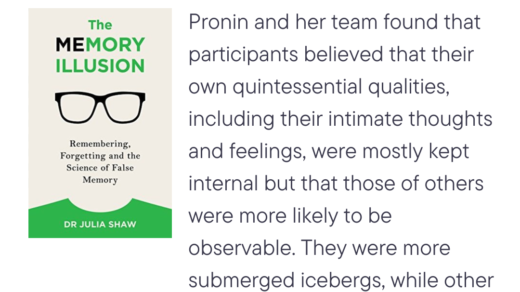Two-thirds of the students at Harvard and Stanford come from the top fifth of the income scale. Despite generous financial aid policies, fewer than 4 percent of Ivy League students come from the bottom fifth. At Harvard and other Ivy League colleges, there are more students from families in the top 1 percent (income of more than $630,000 per year) than there are students from all the families in the bottom half of the income distribution combined. The American faith that, with hard work and talent, anyone can rise no longer fits the facts on the ground. This may explain why the rhetoric of opportunity fails to inspire as it once did. Mobility can no longer compensate for inequality. Any serious response to the gap between rich and poor must reckon directly with inequalities of power and wealth, rather than rest content with the project of helping people scramble up a ladder whose rungs grow farther and farther apart.
A reflection of meritocracy in this passage. The conventional view of meritocracy in society, where education serves as a leveler for people with lower incomes, does not hold true if kids from higher income families get better access to education.
This explains why the political messaging that hard work can lead to success no longer appeals to the common people. When kids with parents of higher education and income parents get access to better preparation, resources and a better environment, it is hard to market education as a way to achieve social mobility.
Meritocracy might be a concept that sounds really appealing in principle, but there are a lot of uncontrollable factors that leads to a persons merits or level of capability. Pushing this ideal in political messages no longer seems to get the same traction, especially with younger crowds, as it used to.



